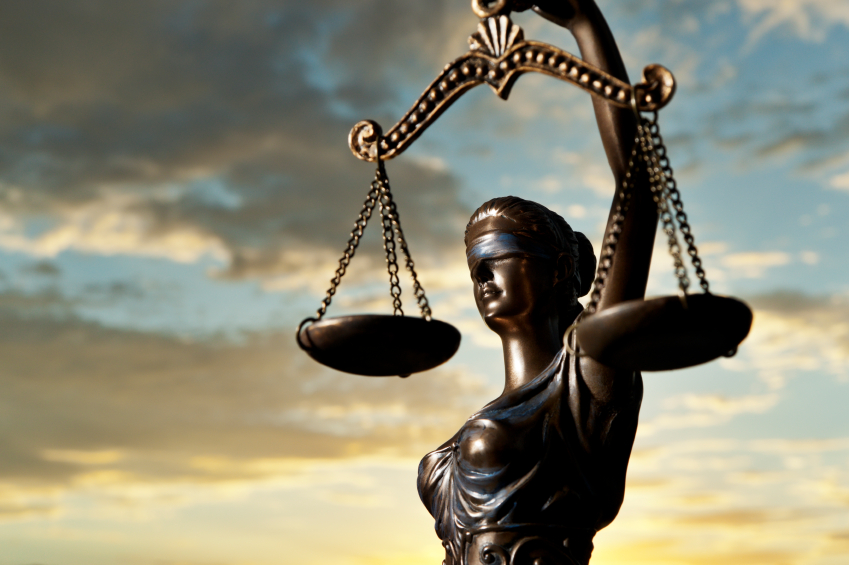Jury Selection Process For A Civil Trial Case

Over at a time, in a bid and quest to fact finding in a civil dispute case trial, after all court proceedings have been completed, a pool of jurors which a suitor and a defendant agree to use for a trial is convened at the court venue to render an impartial verdict. Persons who are considered unqualified are excluded from the jury selection for a civil trial case based on 28 U.S.C. § 1861 “Jury Act” stipulating that a random unbiased selection is made from a cross section of a neighborhood where the court is convened for a civil dispute trial.
Hence, excepting some selected persons from a jury due to personal interest is considered out of the box. Alternatively, in a civil trial, another factor to put into consideration by a suitor and a defendant is to present their case before a judge only. Whereas depending on the advocate’s legal master plan, persons and or body of persons can choose to pursue justifiable claims to their entitlements legally, in the event of some kind of damages, the use of jury comes into play.
What is a Jury?
A jury, also known as venire, is a set of sworn persons gathered to make impartial verdict or some sort of fact finding- evidence, or lack thereof, on matters presented to them by a court in order to pass judgment or decide the penalty.
What is the size of a jury
All things being equal, the original size of a jury ranges from six to twelve jurors depending on the technicalities involved in a trial case. However, in more recent time, it is a different ball game; the complexity of the case, plaintiffs’ and defendants’ takes, advocates’ suggestions, and a lot more factors can influence the aforementioned size of a jury.
What are the benefits of a jury selection in a civil trial case to plaintiffs and defendants?
In a process called voir dire, advocates for both the plaintiff and the defendant question the pool of jurors with the sole intention of either knocking them out favoring them. This process turns to produce the intended result- finding evidence, or lack thereof. On a more heroic scale, this checks and balances achieved through voir dire.
Removal for cause, a lot like demanding that a judge presiding over a trial case removes a juror for being biased during voir dire, jurors considered detrimental to the case get knocked out, thereof producing a fair kind of atmosphere for justice to be achieved.
Of the requests an attorney can make to the judge, ones based on gender, sex and race are overruled, hence, a final jury is agreed upon by the plaintiff’s and defendant’s attorneys, leading to the final judgment.
Inter alia, all that said, in the future not so long from now, considering how much jury influence the result leading to civil trial- rendering fact checking to ascertain evidence and lack thereof, jurors will determine what be the outcome of any trial case. In this context, in a bid and quest to salvage, it is paramount to seek the counsel of an advocate or attorney in every bit of a civil trial case to educate you properly on how to choose persons from the pool of jurors during trial.
